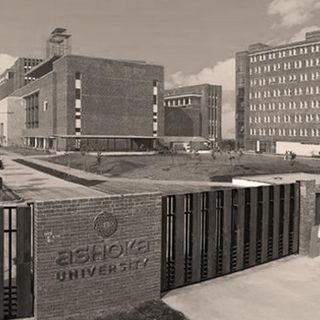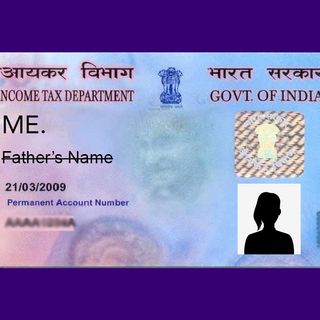
Madras HC: No Room for Parents in a Couple’s Marriage
The High Court makes a good point, but for the wrong reason.

The Madras High Court has called into question the rightful role of the in-laws in a marriage between two adults.
Justice MS Ramesh observed that marriage is a “sacred ceremony intended to make a young couple to start a peaceful and lovable relationship.” After the marriage, Justice Ramesh continued, “the responsibilities of their respective parents diminishes to the extent that all major decisions and issues needs [sic] to be addressed between themselves.” Crucially, the judge went on to say that in-laws “should consciously refrained [sic] from influencing their matrimonial life during times which may lead to ill will among them.”
The Madras HC was ruling on a case that is complicated enough to feel unrelated to these comments. In 2016, a woman had filed a complaint against her daughter’s husband and in-laws, alleging cruelty and threats to her life. Last month, Justice Ramesh was hearing a petition from the now ex-husband that these complaints be quashed. As per the ex-husband, his mother-in-law had filed the complaints after he had filed for divorce from her daughter, after only a few months of marriage, and the complaints were a spurious attempt at a “counter blast,” according to the High Court order. The daughter also filed a domestic violence complaint against him after he filed for divorce. “The incidents after the marriage are very vague in nature and does not carry any details of the alleged cruelty,” stated the court order.
It does not seem unfathomable that Justice Ramesh was simply fed up with this entangled family drama. His general statements following the order certainly indicate his despair at the number of people involved in the couple’s divorce. The case aside, he makes a good point: If a marriage is between two consenting adults — as it should be — there is no reason for parents to get involved in their disagreements.
“No doubt, as the elders of the family, they deserve due respect and love from the couple as well,” the judge wrote. “But when it comes to a stage of frustration where their involvement affects the matrimonial life of the young couple itself, it would be appropriate that they should restrict their interference and encourage the young couple to sort out their indifferences [sic] themselves.”
It’s great to see High Courts considering the extent to which outsiders can play a role in an adult couple’s decision to be together, or separate, especially in light of the fact that this week, the Supreme Court will revisit Section 377: the leftover colonial law that criminalizes consensual same-sex relations.
But the Madras High Court may have a less admirable motivation: irritation with what it sees as frivolous suits. “There has been an outburst of matrimonial disputes in recent times,” Justice Ramesh stated. “There are many other reasons which need not be mentioned here for not encouraging matrimonial litigation so that the parties may ponder over their defaults and terminate their disputes amicably by mutual agreement instead of fighting it out in a court of law where it takes years and years to conclude and in that process the parties lose their ‘young’ days in chasing their ‘cases’ in different courts.”
While the court makes a fair point — litigation does indeed take a long time to conclude — with such language, Justice Ramesh risks trivializing unsolvable domestic disputes, or even domestic violence. The attitude that if couples just work on their marriage some more, everything will solve itself, seems archaic. The HC also misses the fact that some disputes require a third party to resolve. In-laws often fill that role, but obviously they are rarely objective mediators. The HC missed the opportunity to acknowledge that sometimes mediation is necessary and successful, and to recommend marital counseling in instances when litigation may not be necessary.
Additionally, the Indian legal system should not be discouraging citizens from their fundamental right to justice. If the problem is that courts are overburdened, the course of action should be to increase resources, not to reduce them. Citizens are hesitant as it is to undertake legal proceedings because it usually means long years spent in court. Indians should feel protected by the justice system and should have the ability to avail their rights in a court of law when amicable settlement is not possible — or when in-laws get involved.
Urvija Banerji is the Features Editor at The Swaddle, and has previously written for Rolling Stone India and Atlas Obscura. When she's not writing, she can be found in her kitchen, painting, cooking, picking fights online, and consuming large amounts of coffee (often concurrently).
Related


West Bengal Eyes Extended Paternity Leave for Government Employees
